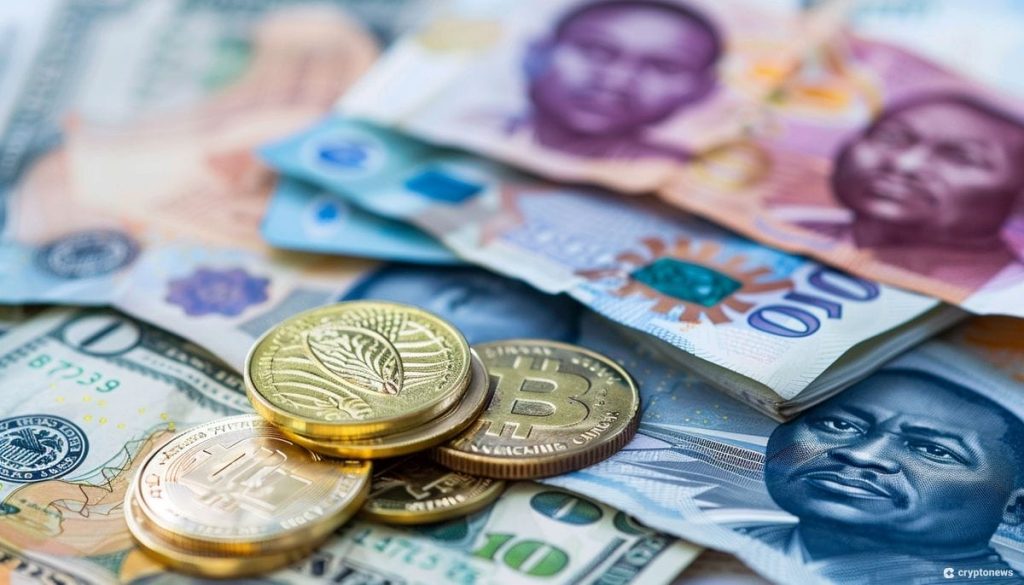KuCoin, a major cryptocurrency exchange, has decided to suspend all naira-based peer-to-peer (P2P) trading due to increased scrutiny from Nigeria’s regulatory authorities. The move comes after the country’s Securities and Exchange Commission (SEC) urged industry players to cease P2P trading activities. In response, KuCoin temporarily halted P2P naira services and Fast Buy service via Naira card in an effort to enhance their services and comply with regulatory requirements. This decision is likely an attempt to avoid running afoul of the Nigerian government, following federal charges faced by another major exchange, Binance.
The Nigerian government, particularly the office of the Security Adviser, has intensified its scrutiny of P2P cryptocurrency trading in the country. Fintechs and banks have been instructed to close bank accounts associated with trading and report such accounts to the authorities. The Economic and Financial Crimes Commission (EFCC) has also taken action by blocking thousands of accounts involved in crypto trading. Emomotimi Agama, the Director-General of the SEC, blamed P2P crypto traders for the depreciation of the naira during a meeting and expressed concerns about the impact of P2P crypto trading on the exchange rate of the naira. Despite these measures, the naira continues to face challenges, with a recent decline to N1,520 per Dollar at the Foreign Exchange (FOREX) parallel market.
Binance, another major cryptocurrency exchange, has also faced conflict with the Nigerian government. Binance CEO Richard Teng accused a Nigerian government official of pressuring crypto representatives to accept a secret agreement to settle Nigeria’s claims against the exchange. The “settlement” was revealed to be a $150 million bribe demanded by someone in the Nigerian government. In response, Binance had to discontinue all services involving the Nigerian naira (NGN) after regulatory scrutiny and faced a $10 billion fine imposed by the Nigerian government as part of a crackdown on the platform to stabilize the nation’s local currency. Binance has encountered regulatory scrutiny worldwide, with charges filed by the Commodity Futures Trading Commission (CFTC) for operating an illegal digital asset derivatives exchange and evading federal laws.
The ongoing conflict between cryptocurrency exchanges like KuCoin and Binance and Nigerian regulatory authorities reflects a broader trend of increased scrutiny and regulation of the crypto industry worldwide. Governments are becoming more cautious about the potential risks and challenges posed by cryptocurrencies and are taking steps to ensure compliance with existing regulations. In Nigeria, the heightened scrutiny of P2P crypto trading and the actions taken by regulatory bodies indicate a growing concern about the impact of crypto activities on the stability of the country’s currency and financial system. These developments highlight the need for exchanges to navigate regulatory requirements effectively while providing innovative and secure services to users.


